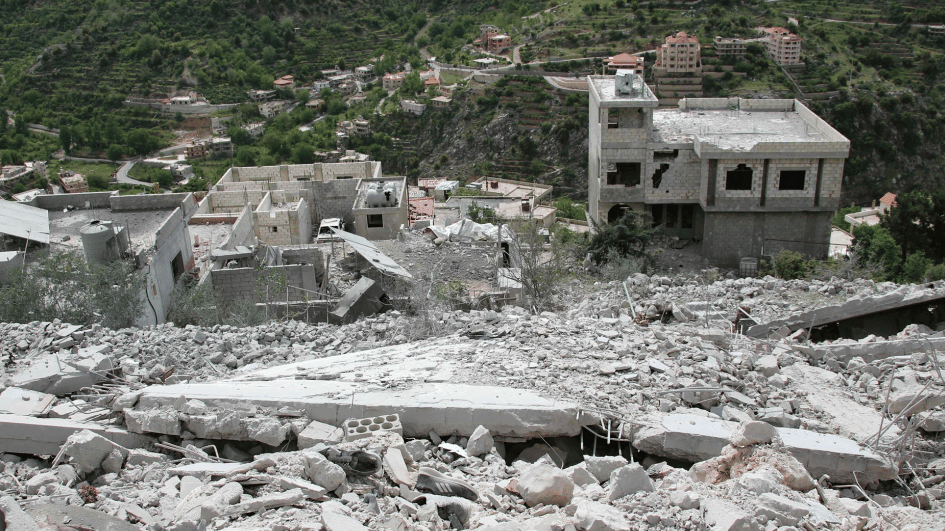How can we fight against droughts?
Istanbul, with its population reaching 14,160,467 at the end of 2013, making the city a “mega city,” being roughly three times larger than Ankara, 6.5 times more populated than Antalya and 187 times more populated than Bayburt. The city itself is more crowded than 130 countries in the world; every 18 people out of 100 in Turkey live in İstanbul.
The population is expected to reach 16.5 million in 2023. With the rapid growth of the population, the increasing use of water in the agriculture and industrial sectors create important problems in big cities like Istanbul.
The aggregated amount of usable water per year is 112 billion cubic meters in Turkey. We consume 44 billion cubic meters of this sum. Some 74 percent of this amount is used in agriculture, 15 percent is used for drinking/daily usage and the remaining 11 percent is used in industry. While only 30 percent of the total consumption is used for agriculture in developed countries, the usage of 74 percent of the total consumption for agriculture puts a strain on water usage in Turkey.
It is evident the temperatures in Turkey have been above average for the past 20 years. The average amount of rainfall in water reservoirs has decreased 25 percent in the past 30 years. With the climate change, we witnessed abnormally arid winter and spring months and related water consumption issues due to the lack of water in the reservoirs.
According to Falkenmark Water Stress Indicator, the countries with less than an annual water supply of 1,000 cubic meters per person are considered water-poor countries. For a country to be assessed as water-sufficient, the average water supply should be above 1,700 cubic meters per person.
In Turkey, the annual water supply is 1,519 cubic meters per person. In 2030, when the population of Turkey is expected to reach 100 million, the annual water supply will drop to 1,168 cubic meters per person, dangerously close to the water-poor country mark of 1,000 cubic meters per person. The government has a great deal of responsibility on this subject with the regulation and reorganization of agriculture methods.
The individual attempts on the efficient usage of our water supply are also important. TEMA had started the “Do not Waste Your Water” campaign in 2007 to show how efficient individual attempts can be. With simple measures regarding the prevention of the wasteful usage of water by the individuals, efficient saving in the water usage reached 10-12 percent.
With six simple measures, 18 million tons of water was saved in 3 months, more than the amount of annual water flow from the Elmalı Dam.
This year, we are facing yet another water problem. While the amount of water in reservoirs was 24 percent in 2007, in a year considered to be arid, the current amount of water in the reservoirs as of August 2014 is 17 percent.
Our individual attempts do have great importance.
It is now the time to remember and apply TEMA’s six simple measures of TEMA:
1) Do not leave the taps open. Wash food in water-filled cups instead of washing them in the faucet.
2) Wash your dishes in the washing machine instead of washing them by hand.
3) Close the tap while brushing teeth
4) Close the tap while shaving
5) Have shorter showers
6) Do not flush redundantly
We can save up to 140 tons of water per year in our houses with these simple measures. The risk of drought is no joke.











